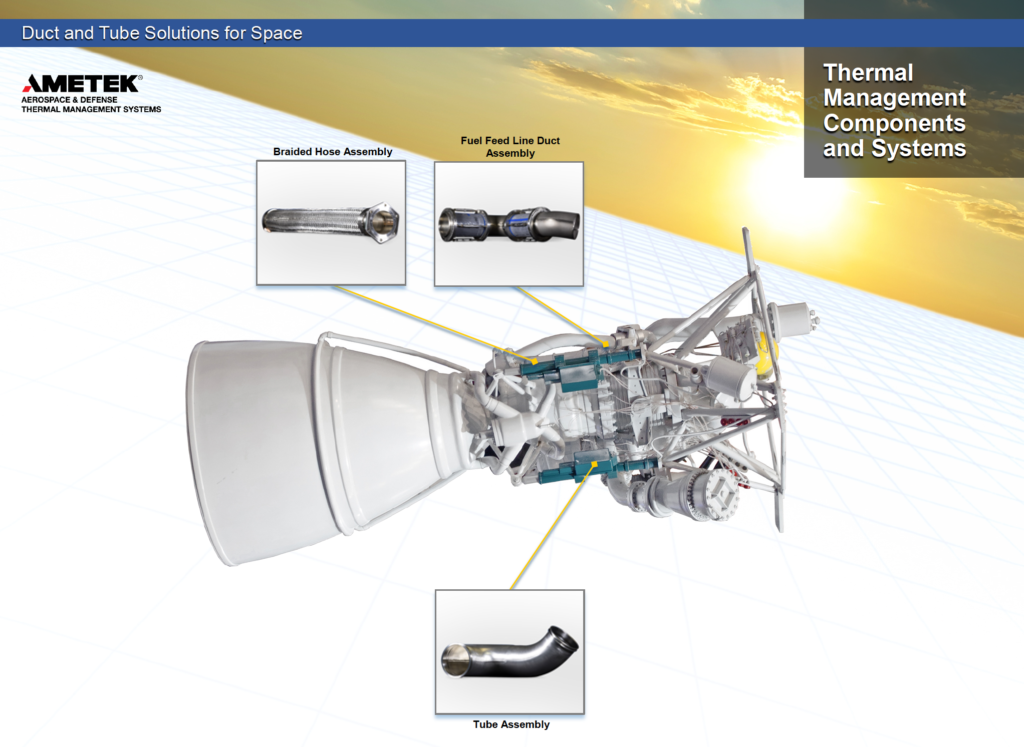How to Recruit Aerospace Engineers with The Right Stuff
Essential Aerospace Engineer Characteristics for Returning to the Moon
From the beginning of the space race to NASA’s present-day Artemis Program, every mission requires innovation and collaboration amongst many aerospace companies, each with its own highly talented teams of aerospace engineers. The goals of the Artemis Program are to land the first woman on the moon, establish a moon station, and lay the foundations for sending humans to Mars. To make it happen requires recruiting aerospace engineers with the right stuff, and there’s a tried and proven way to do it.
There are many unsung contributors to creating these high-performing teams. A recruiting agency with 60 years of aerospace recruitment experience, Amtec, notes some of the essential characteristics the sharpest aerospace professionals must have.
High potential candidates:
• Revel in analyzing and solving problems.
• Are focused, self-motivated, and innovative.
• Fit your company culture and operational environment.
Amtec entered recruiting for the space race as a supplier of top-notch talent to engineering teams that helped America put its first satellites into space and send Apollo Lunar Missions from 1968 – 1972. Now Amtec is proud to be helping to build high-performing teams that are contributing to America’s return to the moon.
“NASA has many partners and we’re proud to highlight that one of our clients, FMH Aerospace, is providing NASA’s Artemis Program with components essential to the success of the mission. When we introduced candidates to FMH Aerospace we knew they would have meaningful work, but the role of FMH Aerospace in NASA’s Artemis Program takes that level of meaningful work to a much higher level.” – Barrett Kuethen, Amtec Chief Operating Officer
FMH Aerospace, a business unit of AMETEK Inc., is a maker of many of the components movie makers love to highlight as being the make-or-break elements for a successful mission. They produce high-quality fuel lines, liquid oxygen lines, vent and drain lines, braided hose assemblies, ducting, and tubing – all designed for the rigors of launch and space travel. Like Amtec, FMH Aerospace has over 60 years of experience. Over that time they’ve developed components to transfer fluids and gases that can accommodate any pressure and temperature needed in “extremely demanding environments.” Their production of mission-critical parts, with no allowance for redundancy, caused them to develop the “extremely high standards” within their culture and operations for serving the space industry.

Other aerospace companies contributing to the Artemis Program have the same need for their teams to also meet extremely high standards. Consequently, the role of aerospace engineers has evolved to be ever more focused on making sure candidates with matching experience and skills are in fact the right people. Behavioral interviewing is a method Amtec recommends and they offer a free guide for downloading question sets if the hiring process is something you’re tackling yourself.
As the Artemis Program forges ahead it will yield a great many opportunities for private enterprise to accelerate their space travel ventures. This includes increasing demand for unmanned spacecraft with commercial potential, as well as human travel. The SpaceX Starship is designed to be much more than a lunar lander: it’s actually an end-to-end transport system designed to ferry people to Mars. While it may be a long time before tourists can book tickets to Mars, there are already opportunities for space tourism within Earth’s orbit. Wherever space travel goes, it will be aerospace engineers that get us there.
Related Posts
View all posts-
Career Seekers
How to Write a 2-Week Notice & Get a Great Reference
In this guide, we’ll show you how to write a 2-week notice that doesn’t just get the job done, but positions you for future opportunities.
-
EmployersCareer Seekers
The Impact of AI and Automation on the Engineering Workforce
Discover how AI is transforming engineering—from evolving job roles to real-world engineering applications of artificial intelligence.
-
EmployersCareer Seekers
15 Good Reasons to Call Out of Work and Maintain Workplace Trust
What are good reasons to call out of work? Learn 15 valid excuses and how to call out responsibly without losing trust at work.

